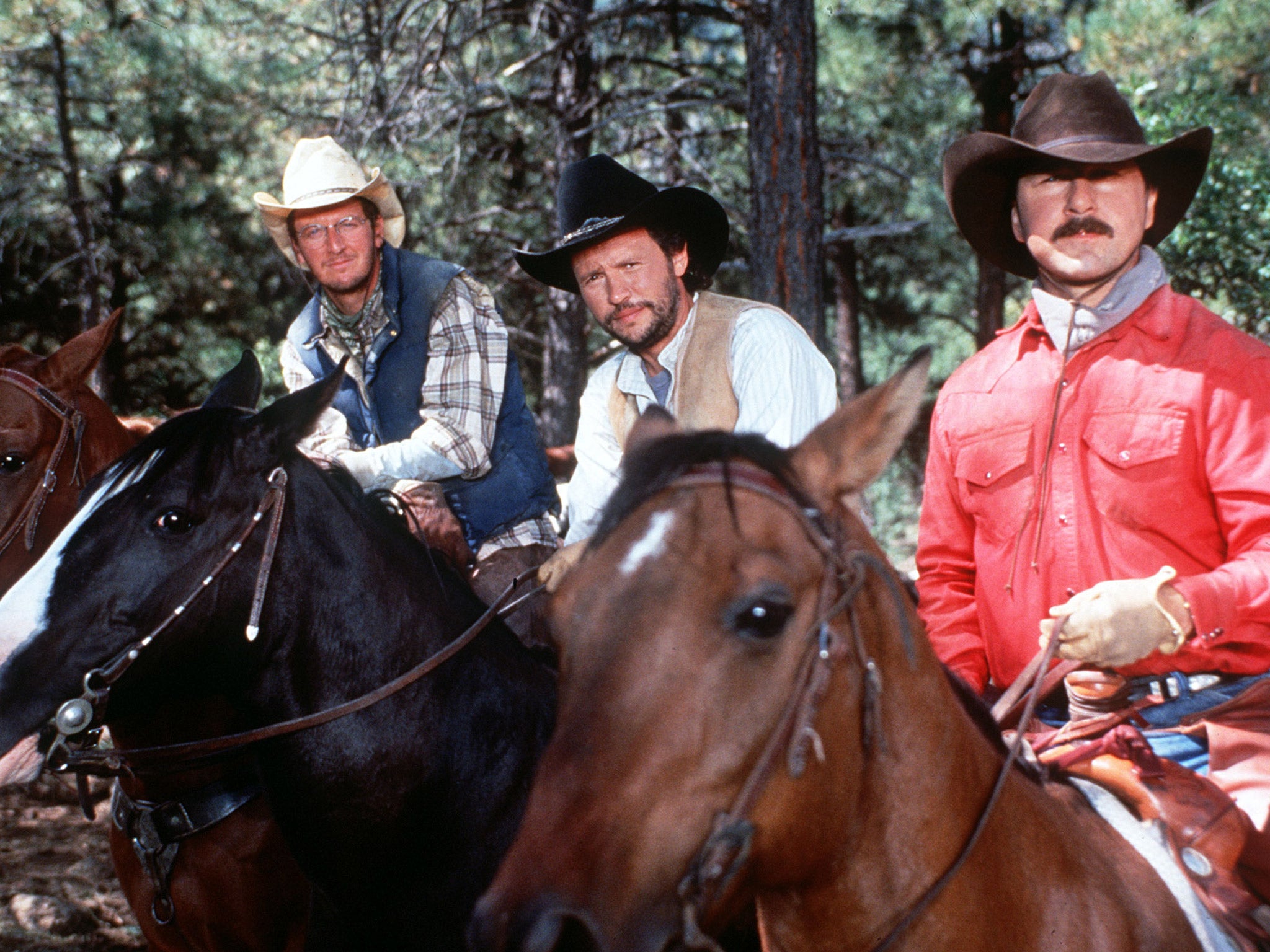Want to boost your brain? Take a tip from Mother Nature
Time spent away from electronic gadgets can stimulate creative abilities study finds

Your support helps us to tell the story
From reproductive rights to climate change to Big Tech, The Independent is on the ground when the story is developing. Whether it's investigating the financials of Elon Musk's pro-Trump PAC or producing our latest documentary, 'The A Word', which shines a light on the American women fighting for reproductive rights, we know how important it is to parse out the facts from the messaging.
At such a critical moment in US history, we need reporters on the ground. Your donation allows us to keep sending journalists to speak to both sides of the story.
The Independent is trusted by Americans across the entire political spectrum. And unlike many other quality news outlets, we choose not to lock Americans out of our reporting and analysis with paywalls. We believe quality journalism should be available to everyone, paid for by those who can afford it.
Your support makes all the difference.Wandering lonely as a cloud high o’er vales and hills may be the best way to recharge your batteries - so long as you leave your conventional battery-powered devices at home.
What writers have known for centuries, scientists are now endeavouring to prove – that contact with nature can boost creativity and problem solving skills.
Backpackers who spent four days in the wilderness without access to electronic devices scored 50 per cent better on a creativity test at the end of the trip, according to researchers.
The backpackers – 56 in all – joined one of four separate expeditions run by the Outward Bound organisation and took a ten item “creativity test” at the start and end of the hike. On average they got four out of ten questions right at the start and six right at the end.
The researchers used the Remote Associates Test, a standard measure of creative thinking, in which participants are given three words and asked to supply a fourth that is linked with the other three. For example the answer to SAME/TENNIS/HEAD might be MATCH – because a match is the same, tennis match and match head.
Earlier studies have shown that going for a long walk can improve the accuracy of proof-reading, the ability to perceive an optical illusion and the capacity to repeat a list of numbers backwards.
Yet the time people spend outdoors and in contact with nature is diminishing. Children spend only 15-25 minutes daily in outdoor play and sport and the average teenager spends more than 7.5 hours a day using mobile phones or computers and watching TV, according to the US researchers.
Psychologists from the University of Utah who led the study said: “Our modern society is filled with sudden events (sirens, horns, ringing phones, alarms, television) that hijack attention. By contrast natural environments are associated with gentle soft fascination, allowing the executive attentional system to replenish.”
“Executive attention” is the ability to switch rapidly among tasks which is important in a modern society but is overtaxed by the constant demands from a technological environment.
However, the authors of the study, published in the online journal Public Library of Science (PLoS) One, say they cannot be sure if the effects they observed were due to exposure to nature or withdrawal of electronic devices – or a combination of both.
“We show that four days of immersion in nature, and the corresponding disconnection from multimedia and technology, increases performance on a creativity, problem-solving task by a full 50 percent,” the researchers conclude.
The participants had an average age of 28 and took part in treks in Alaska, Colorado, Washington State and Maine.
The results were controlled for age differences between the groups that took the test, because “as you get older, you have greater verbal abilities,” the researchers said.
“This is a way of showing that interacting with nature has real, measurable benefits to creative problem-solving that really hadn't been formally demonstrated before,” said David Strayer, a co-author of the study and professor of psychology at the University of Utah.
“It provides a rationale for trying to understand what is a healthy way to interact in the world, and that burying yourself in front of a computer 24/7 may have costs that can be remediated by taking a hike in nature.”
Join our commenting forum
Join thought-provoking conversations, follow other Independent readers and see their replies
Comments